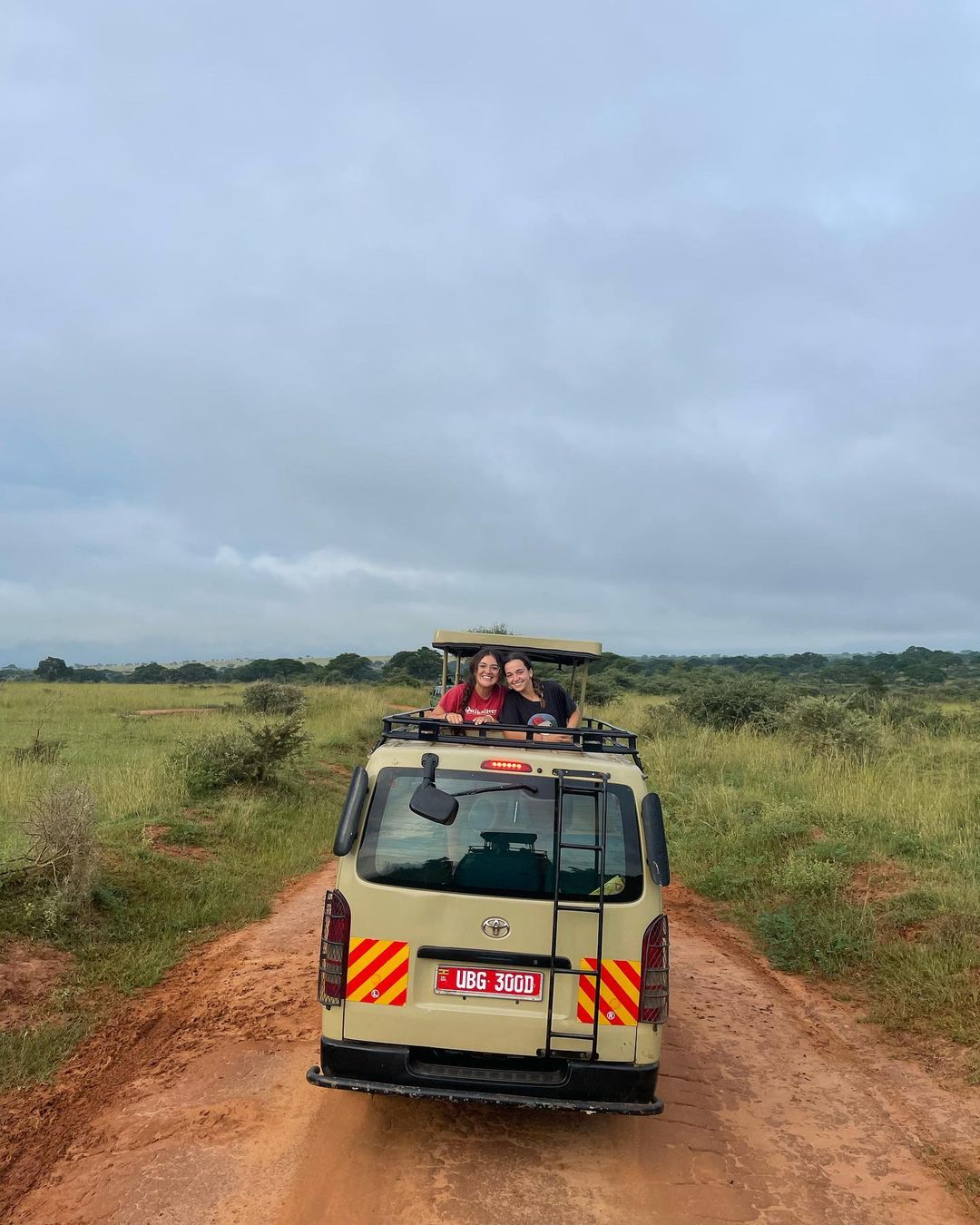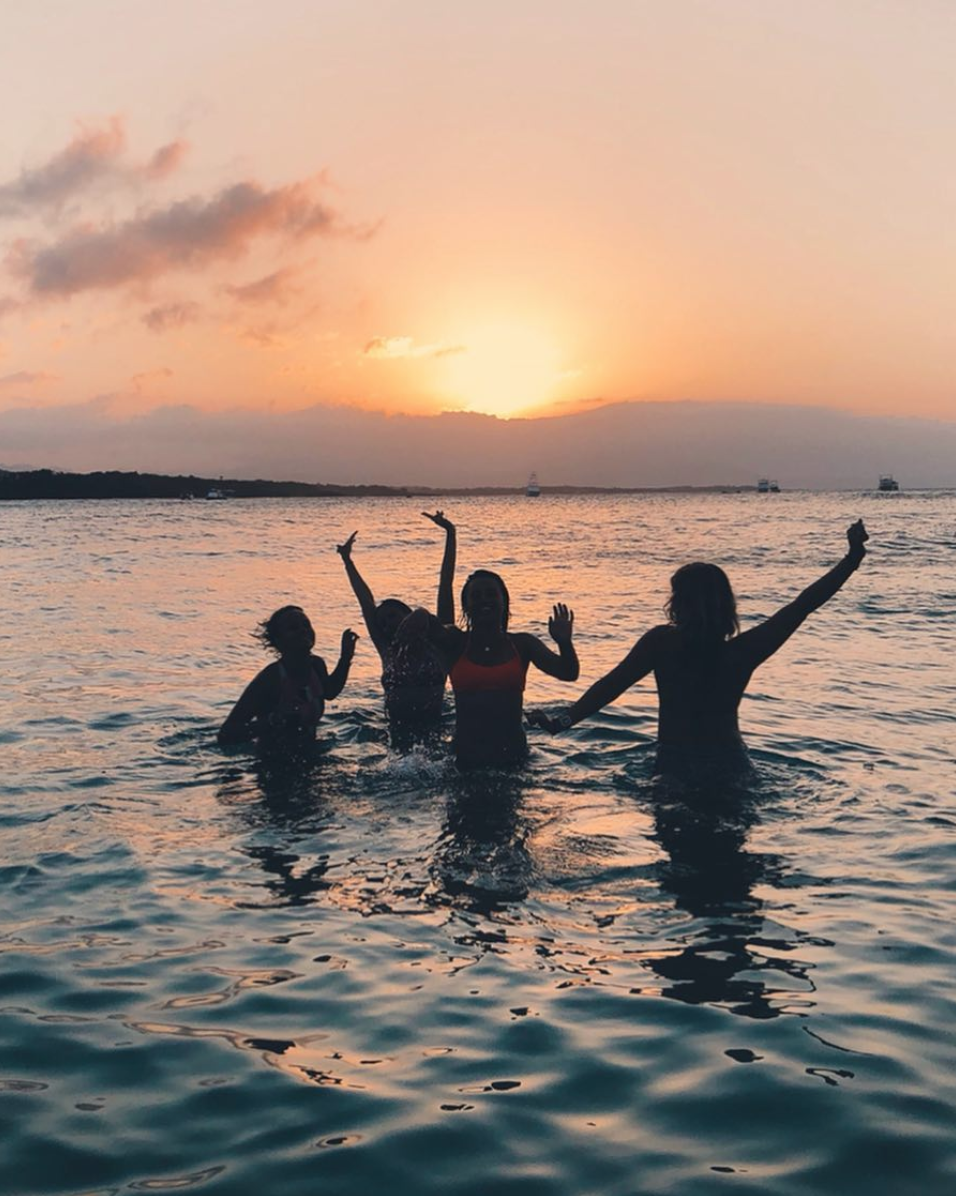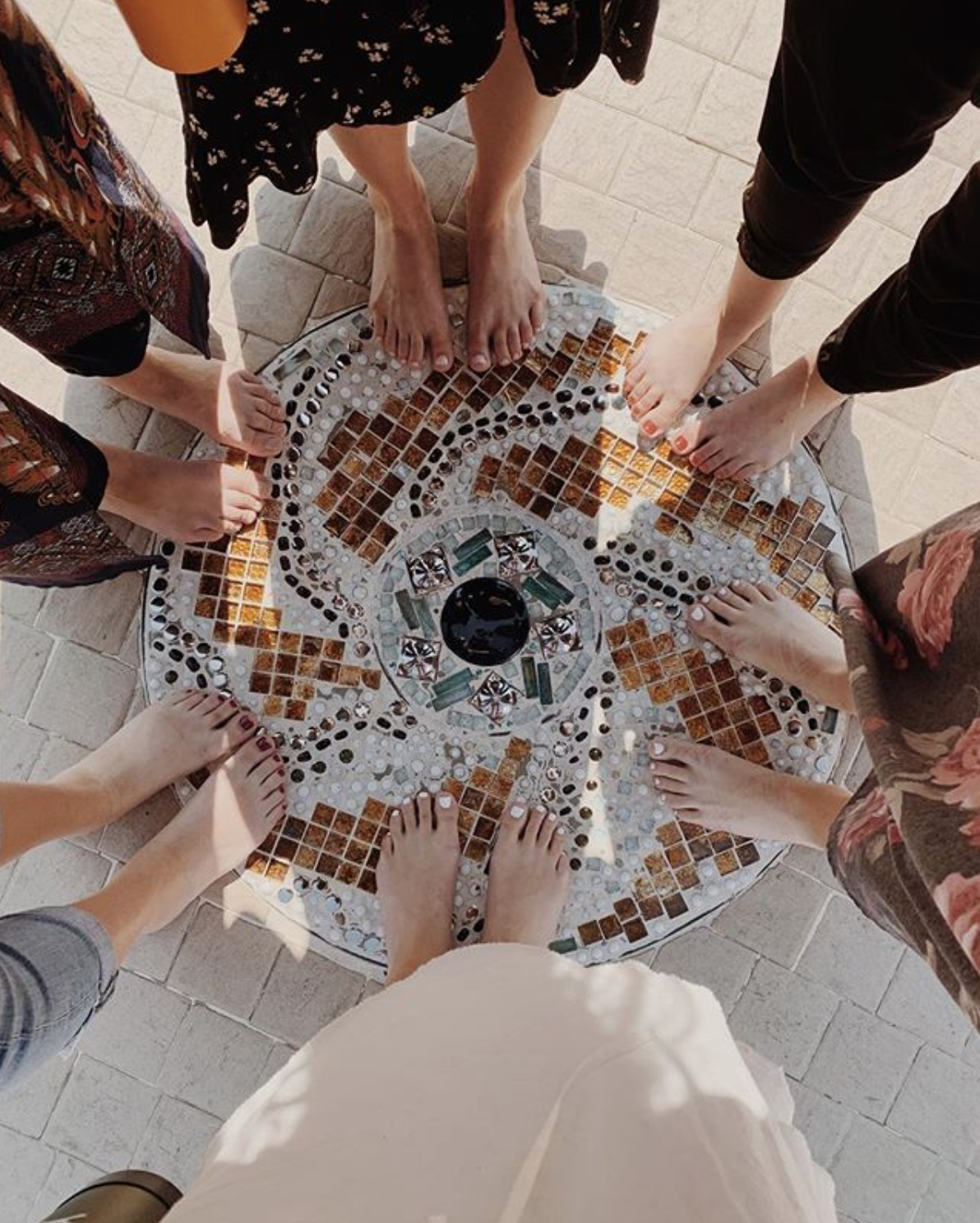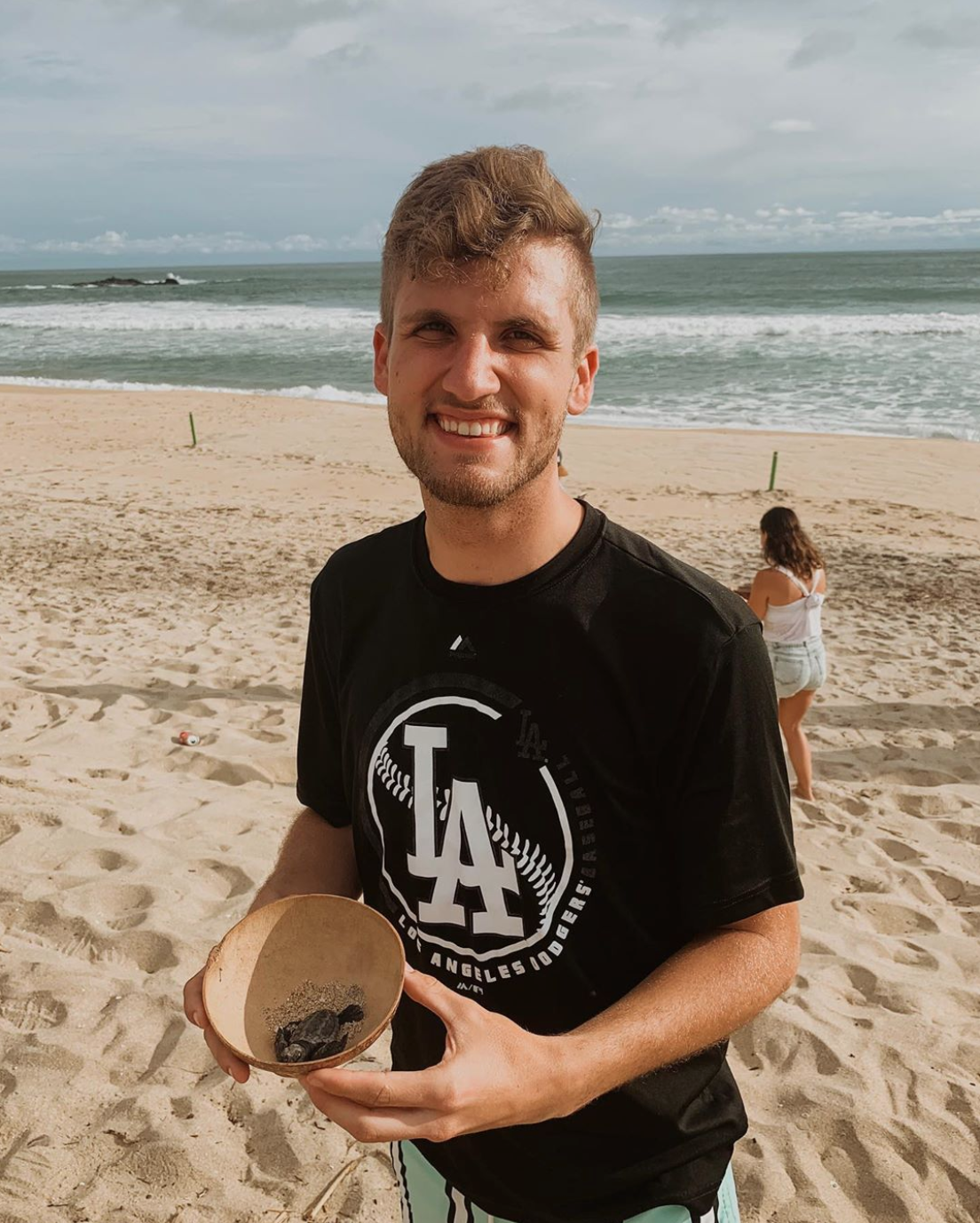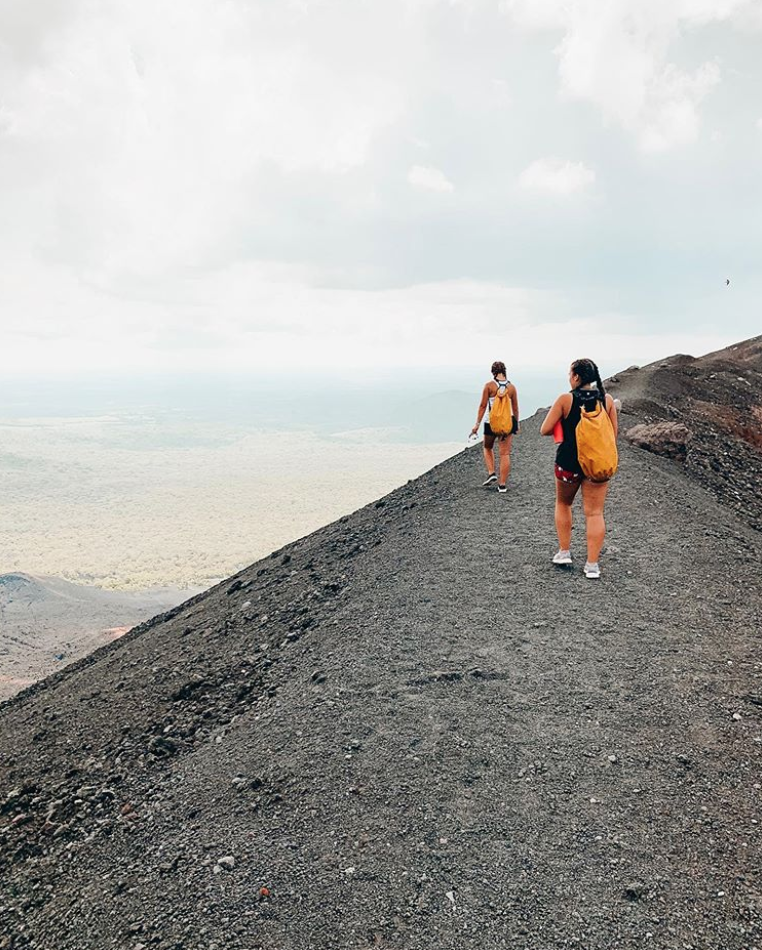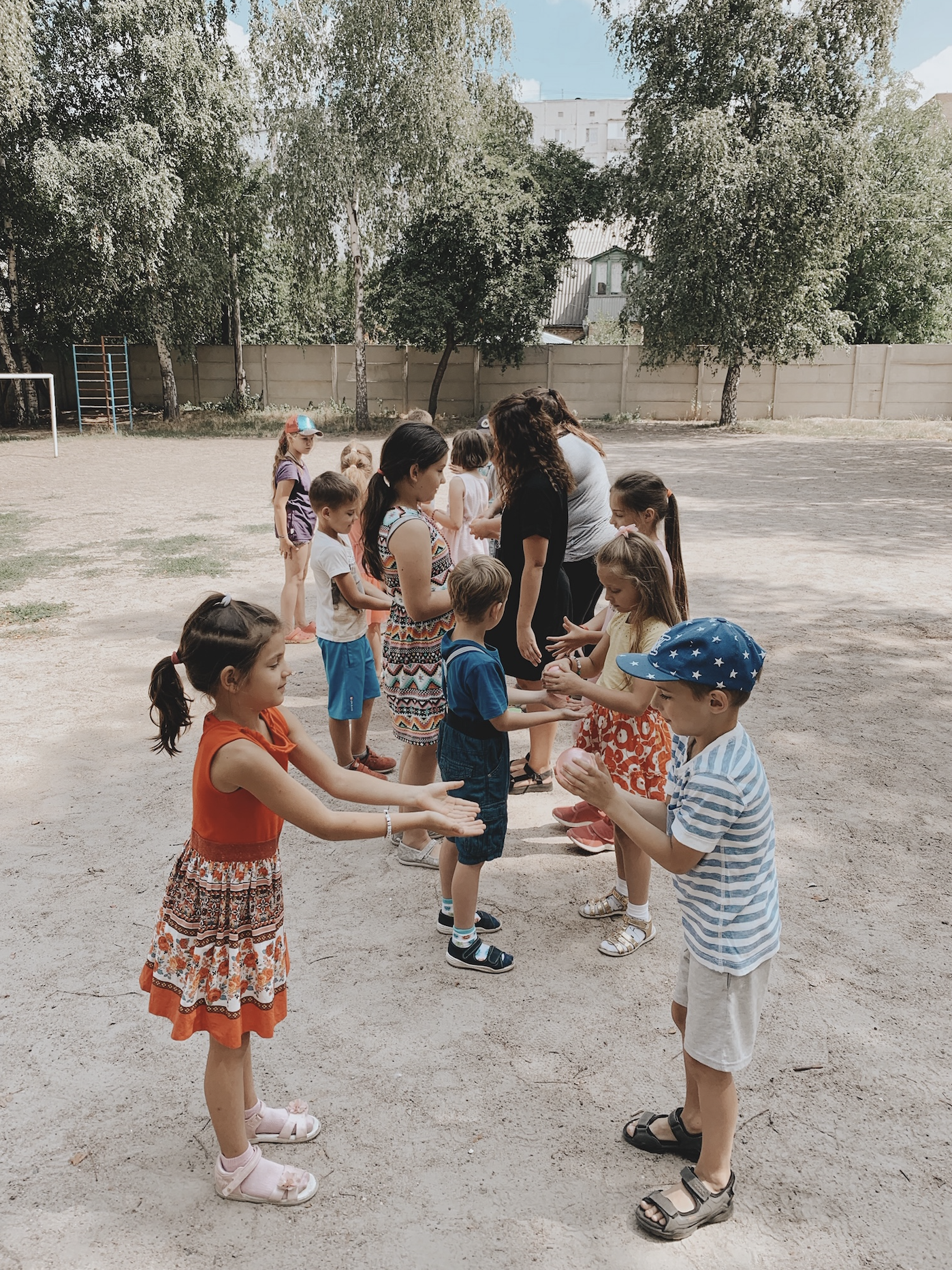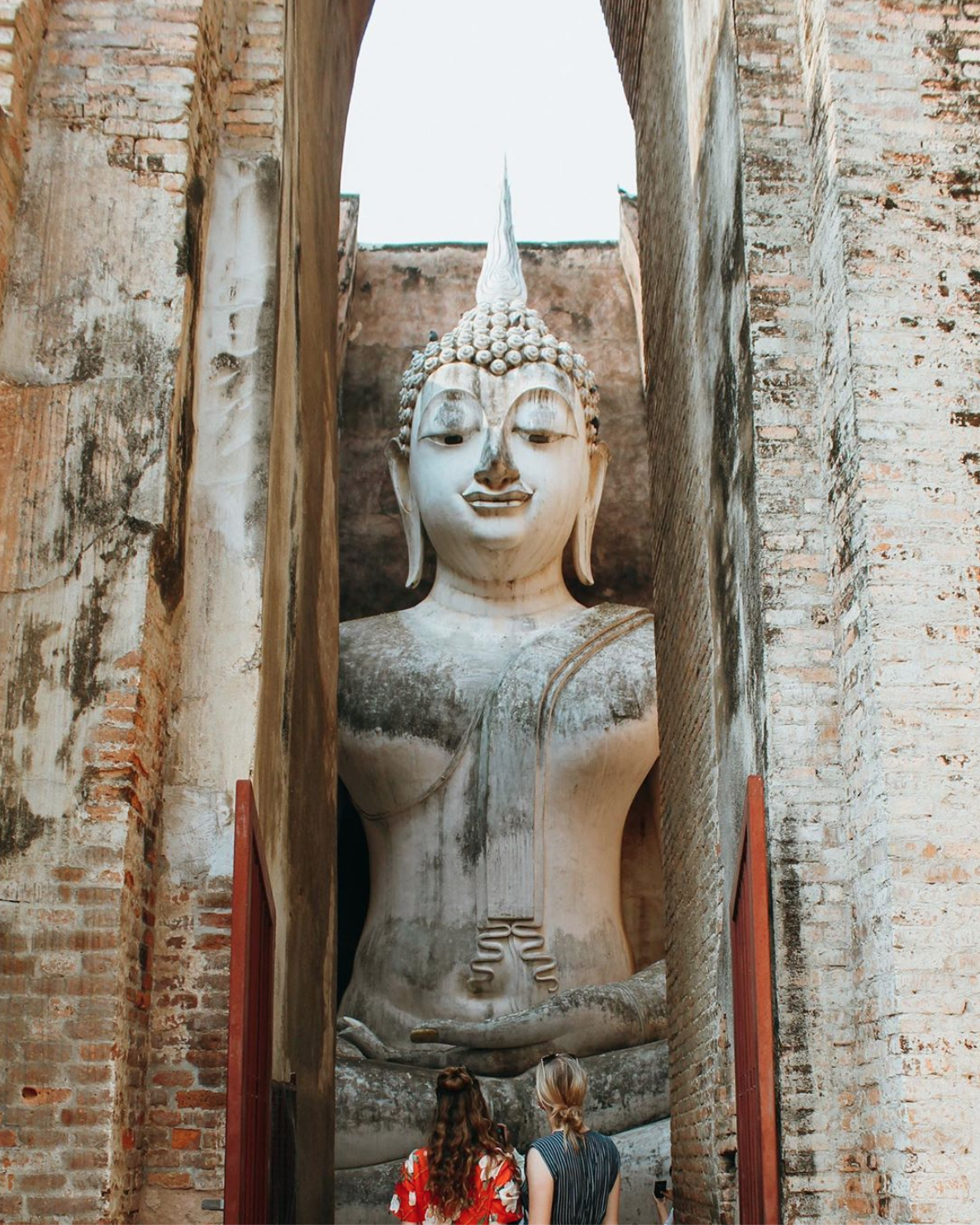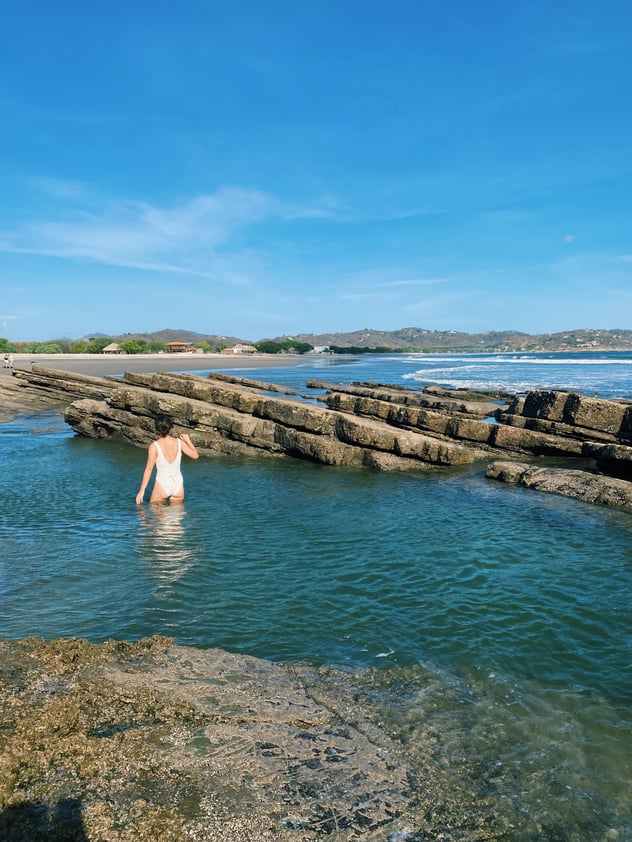
If you're headed to Nicaragua you should definitely start getting excited about the beautiful beaches you can visit.
Lucky for you, the best beaches in Nicaragua can be found on the Pacific Coast which is conveniently close for ILP volunteers in Nicaragua who live there, and Costa Rica volunteers who come to vacation. We know you'll love spending time on the beach and we've narrowed it down to the ones you just can't miss (handy, right?)
Looking for in Central America?
We love Central America and put together a guide with some of our very favorite places. Check it out here!
While Nicaragua has its fair share of coastline, as with all countries not all beaches are created equal. We've picked out the best of the best beaches, whether they are famous for white sands and swaying palm trees, the best surfing around, or make for the most relaxing and photogenic spot you could find, all along the Pacific coast of the country.
Listed north to south, here are the ones we would recommend during your time abroad:
Our Favorite Nicaraguan Beaches
- Playa Las Peñitas
Playa Santa Maria Del Mar
Montelimar - Playa Popoyo + Ones Nearby
Hacienda Iguana's Beach
Playa Escondida - Playa Gigante + Ones Nearby
- Playa Maderas
- San Juan Del Sur
- Playa El Coco
(A Map To Help You Out) - + The Corn Islands
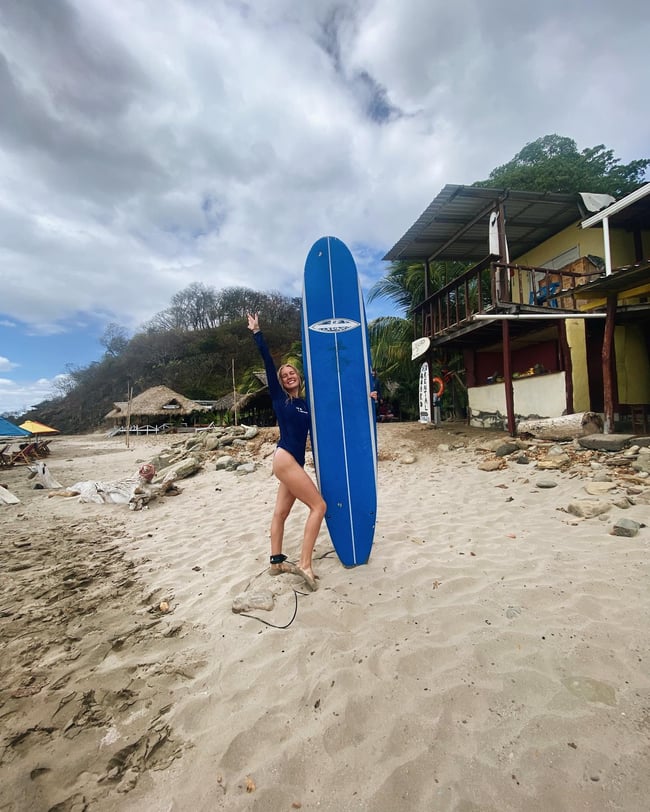
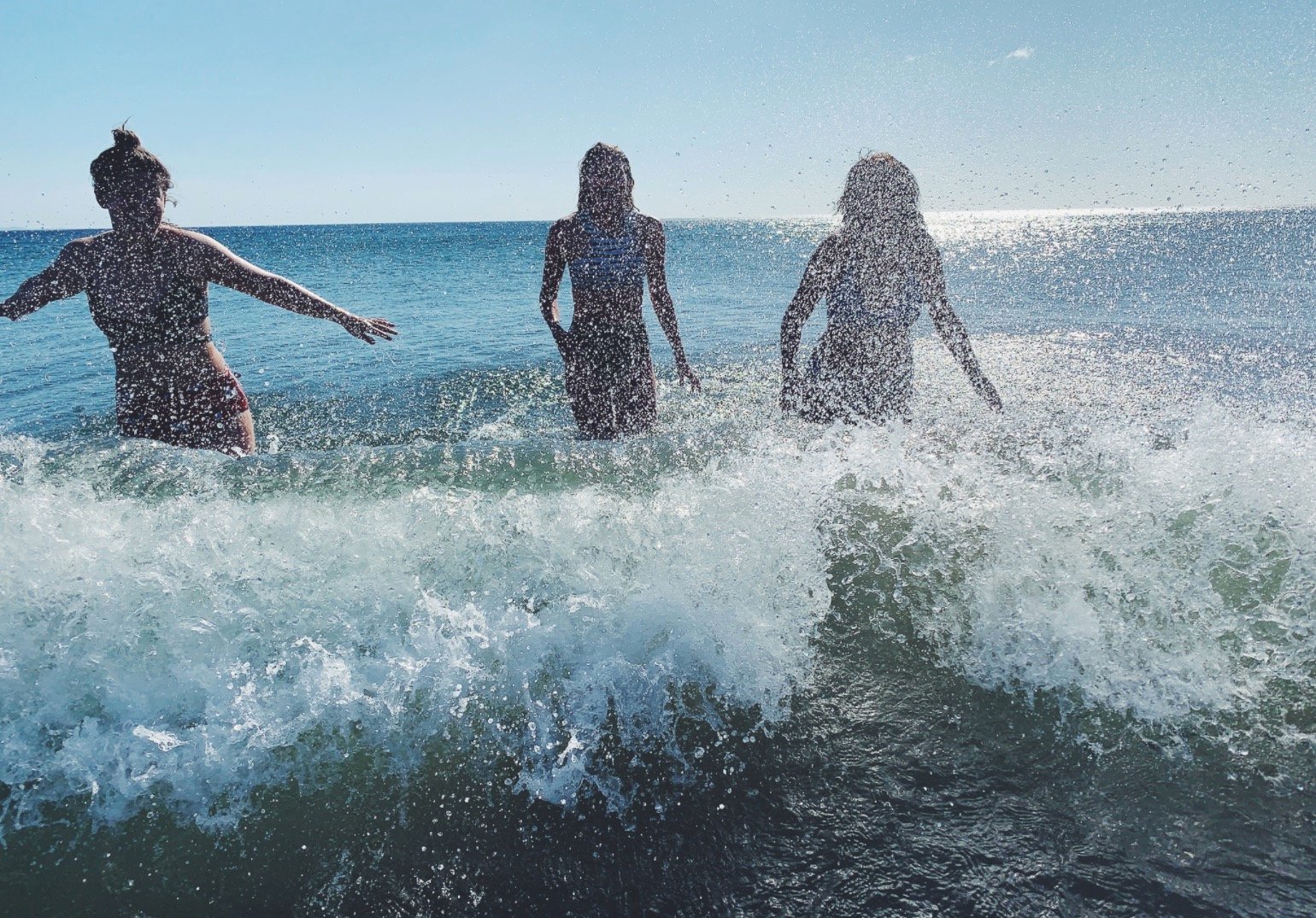
Las Peñitas
Las Peñitas is one of the most famous beaches to explore, partly due to its proximity to a favorite city, Leon. It's all so easy to plan a weekend trip to cathedrals and volcanos in Leon, then take the short taxi ride over to the coast for a day at Las Peñitas.
The beach here has a big stretch of sand so it doesn't get horribly crowded, plus there are lots of things to do. It's a good place for surfing and you can find lessons for about $20 an hour, and board rentals for about $10 a day.
One volunteer said Las Peñitas was an extremely beautiful beach, with wonderfully warm water and few people. Their group spent time surfing, swimming, and hanging out at cafes. Other groups have found horseback riding on the beach for around $14, and also took the time to walk between the two beaches in the area, Playa Las Peñitas and Playa Poneloya.
We have more info about Leon and Las Peñitas here. (with more info about what to do in Leon and how to get to Las Peñitas).

Playa Santa Maria del Mar
Another dark-sand beach that's rather secluded (unless you're one of the surfers who are trying to keep this place a secret). Found up in the north, Playa Santa Maria del Mar is the beach that fronts the little town of Aposentillo. On the beach and the small town behind the sand, you'll find a long stretch of coastline peppered with surf lodges, hotels, and getaway resorts (along with a handful of restaurants).
It's a quieter getaway, where you can find the kind of vacation you're looking for — either filled with quiet afternoons on the sand or at the hotel's pool you're staying at, or a more involved vacation filled with surfing lessons, horseback riding on the beach, yoga (some hotels in the area offer classes), and trying plates of fresh seafood for dinner.
Montelimar Beach
This calm beach is a bit of a hidden gem — There's a resort situated right on this beach, so most of the visitors here are guests of the resort ... though, many of them just hang out in the pool on property. That means you have this coastline to yourself, with calmer waves and absolutely beautiful sunsets.


Playa Popoyo + Ones Nearby
A wide stretch of sand that's interrupted with bigger surfing waves on the northern side, and calmer waters perfect for swimming on the southern side is what's waiting for you at Playa Popoyo. One section even breaks out into a rocky "half moon" that floods with water during high tide, trapping sea water against the rocks to create tide pools full of tiny crabs and other creatures, and a shallow swimming spot.
While you're in the area, head a bit further south to explore Jiquilste Beach/ Playa Santana: known by both names, this beach is just a short taxi ride south of Playa Popoyo or a 30 minute. Playa Rosada is also another popular and nearby beach which is just a 10 minute walk from Playa Popoyo. The Outer Reef is also a popular surf spot with big swells that are a 5-minute drive or a 20-minute walk. Sounds like a great spot to hang out if you want to spend a day or two beach hopping around this part of Nicaragua.
We've got a blog post all about Popoyo to help you plan your trip.
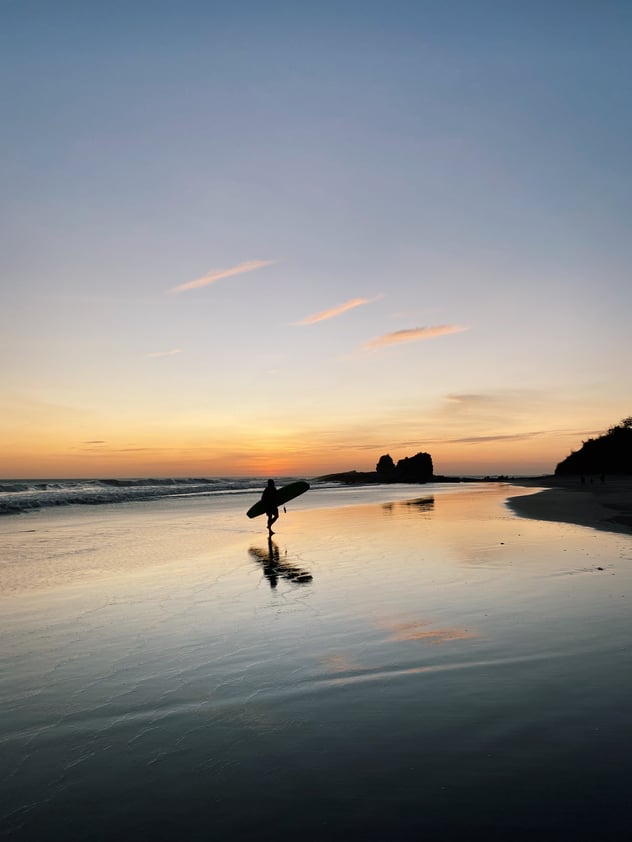
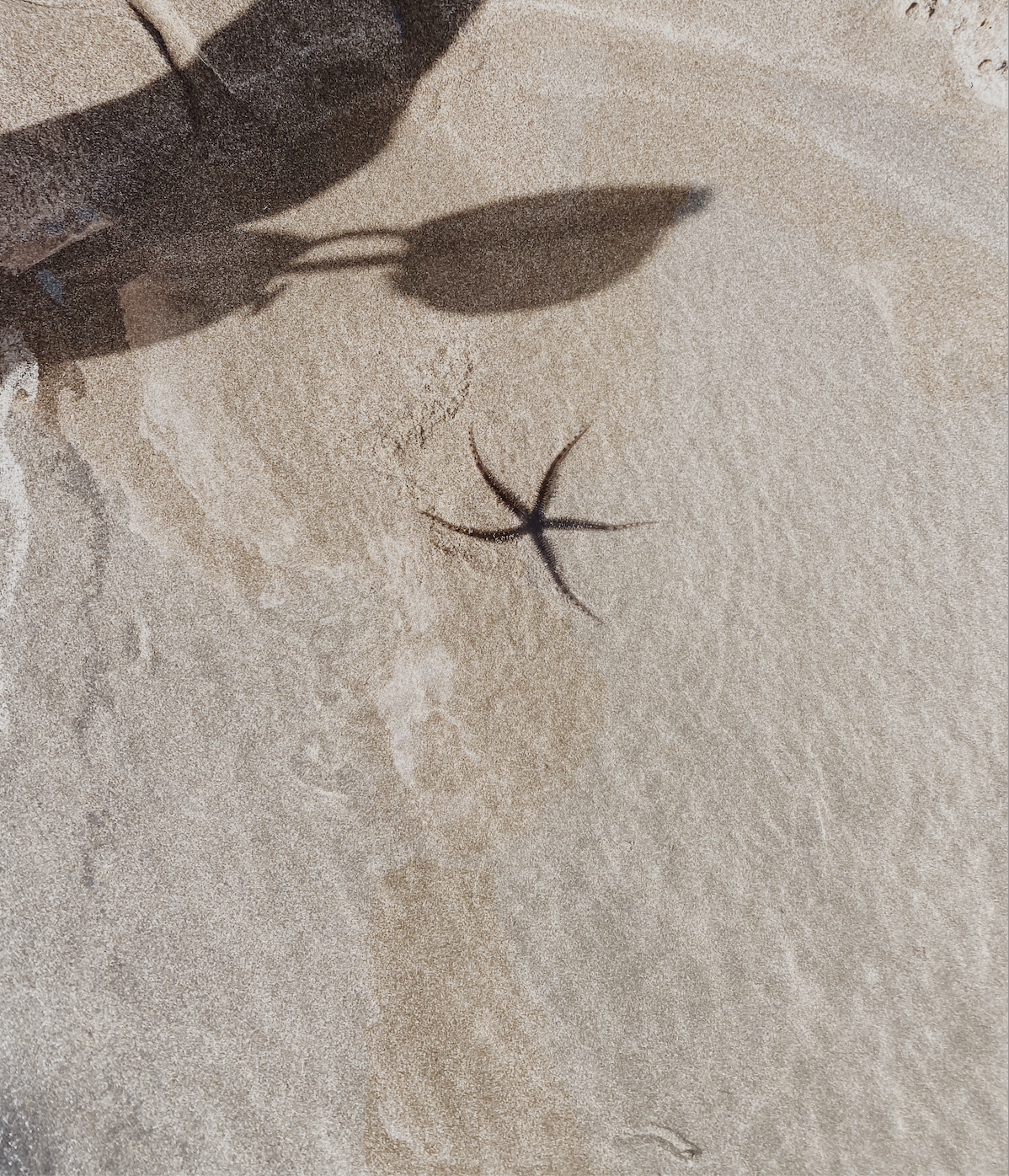
Hacienda Iguana's Beach
When I was in Nicaragua last, this was the number one beach recommended to me for my next visit. It's a private stretch of sand that's well maintained, giving you that white-sand, blue water waves experience in a bit of luxury. The Hacienda Iguana Beach and Golf Club is the main place to stay here (giving members access to their section of private beach) but it comes with quite a price tag. If you can swing a visit, get ready for quite the vacation, but luckily there are other places nearby that give you the same beach experience.
We've tagged the location of this secret beach here, so you can click around and hunt for accommodations that fit your group and budget. As a heads up, all of these are nice casas, typically with a pool and room for a few friends. Looking up Airbnbs in the area is also a way to go — like this place, complete with a pool and beach access.
This beach vacation is definitely more for a chill vibe where you can spend plenty of time swimming and sunning on the sand on one of Nicaragua's best beaches (according to the locals).
Playa Escondida
Ready for another secret? Playa Escondida is a half-moon cove with gorgeously soft sand and clear blue water, all surrounded by a thick green jungle. A portion of the beach is pocketed with little rocks on the sand (seagulls love to pick for crabs here) but there is plenty of space to hang out on the sand. The water here is gorgeous, but the waves are typically rough, making it a beautifully secluded place to soak up the sun, get your feet wet, and hang out while you listen to the sound of the waves.
Especially since this beach is so secluded (and not an option for a swimming or activity beach), it's best to plan on visiting Playa Escondida with another beach in the area if you'd like to do some swimming, surfing, etc. However, it just had to make the list: the waters here are stunning, with postcard-worthy scenery surrounding the whole cove. You won't find restaurants or accommodations here, so play your visit accordingly.
Playa Gigante + Ones Nearby
Gigante Beach has a chill, little surf town nearby that's become pretty popular with tourists and surfers. If you want to try surfing this is one of the best beaches you can visit.
Similar to Playa Popoyo, Playa Gigante is a spot where you can set up a base, then spend a couple of afternoons exploring different beaches. Playa Gigante is a great learning-to-surf beach, but you'll find quieter waves on Playa Amarillo. If you'd like to watch the surfers handle the biggest swells, Playa Colorado is the spot to go.
Don't Miss Playa Redonda
If you're looking for one of the best beaches in the area, head to Playa La Redonda. It's way more of a local's secret, tucked away with a high-end resort that is set up next to the soft sand and blue water. It's easily one of the best beaches in the country, found just south of the cove that forms Playa Gigante (you can take the 20-minute walk there) If you want to splurge on your vacation, staying at Aqua Wellness resort is the way to go (but rooms are very expensive — several hundred dollars a night, expensive). However, you can still access the beach if you don't stay at the Aqua. You can purchase drinks and food from the affiliated restaurants, and rent kayaks ($5 for non-guests).
Typically, groups love this beach area, spending a weekend or so exploring Playa Gigante and the beaches around the main hub.
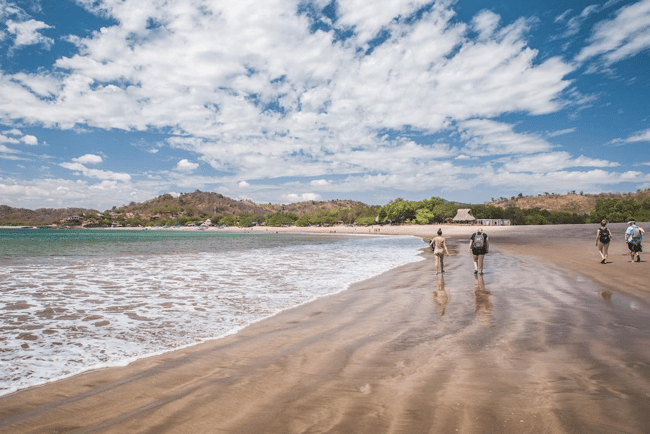
Playa Maderas
Playa Maderas is another favorite, with a chill vibe that pulls in surfers of all levels. You'll find a smattering of restaurants and surf shops offering lessons and board rentals (talk to the Tourist Info Booth for recommendations), as well as chairs and umbrellas to rent out for the day (for around $5-6 US).
Like a few other beaches on our list, the sand here is dark (almost coffee-colored) which catches the sun, and makes for a warm spot to lay out in. Along with surfing, you can find horseback rides on the beach as well as a handful of restaurants and places to stay if you'd like to make a weekend out of it — plan on a very relaxed trip where you can soak up lots of beach time and pretty coastal sunsets.
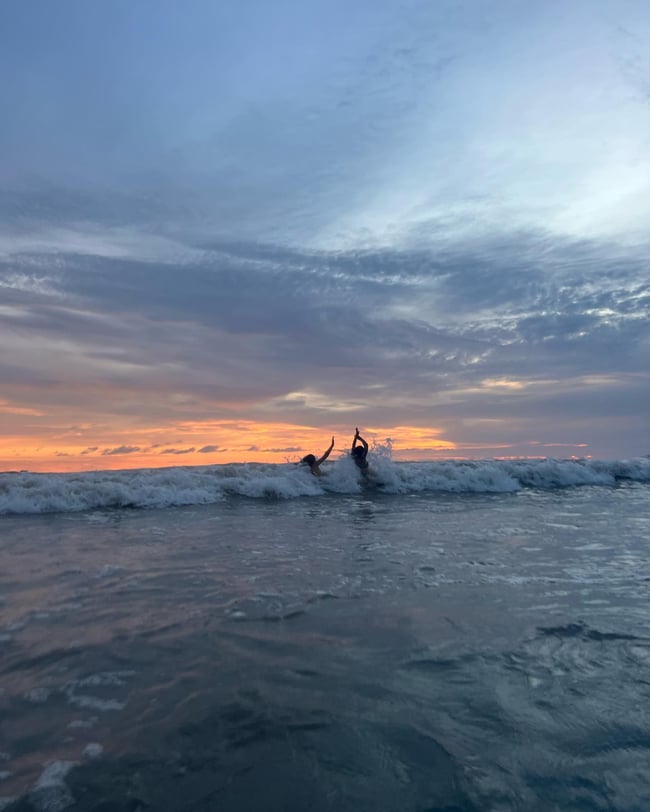
San Juan Del Sur
Tucked on the southwest coast of Nicaragua, this fishing village-turned paradise is a little picturesque spot nestled in a “c” curve cove of the Pacific ocean.
You’ll find a range of big surf beaches and relaxing stretches of sand to catch some sun, along with colorful waterfront homesteads. Take a boat trip to nearby beaches, sign up for surf lessons, ride horses on the beach, hike up to the viewpoint, and hang out in the waves. While that's so fun, our favorite thing to do here is head to a nearby stretch of beach to hang out with sea turtles!
San Juan Del Sur is a favorite for a few reasons — most groups living in Nicaragua head to San Juan Del Sur at least once during their semester.

Playa El Coco
If you love soft sand and beautiful cliffside views, you'll love Playa El Coco. This beachy paradise is surrounded by hills and is the perfect place for a day of relaxation and swimming in the water. You'll find dark, almost milk-chocolate brown sand that turns the water into a pretty gray-blue water framed by the green hills behind the surf. It's a nice swimming beach with gentle swells (good if you're not into surfing).
Playa El Coco is also smaller and a bit lesser known than some of the more popular beaches (San Juan Del Sur is right up the road) so you'll have more beach to yourself instead of fighting the crowds for a good bit of sand or one of the hammocks hung up behind the shoreline.
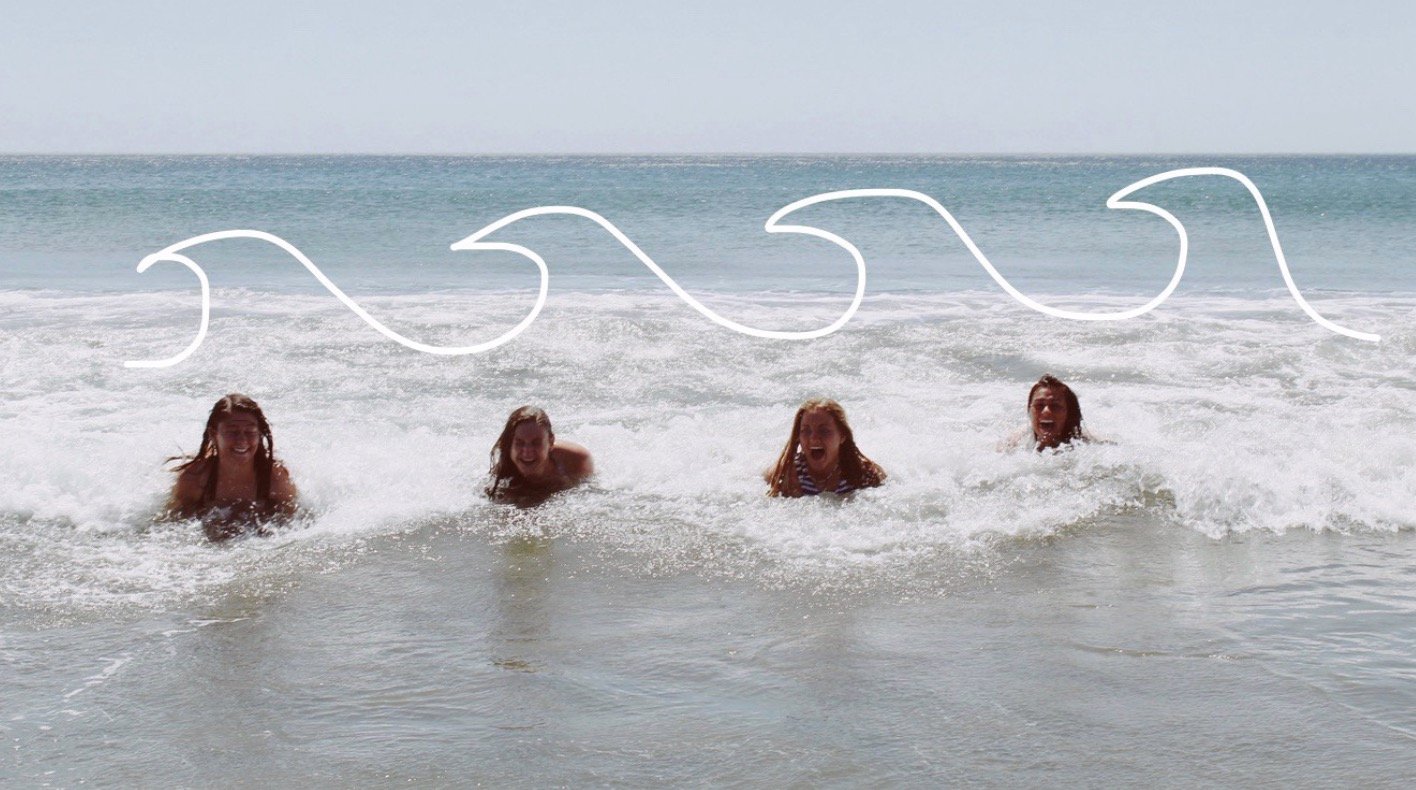
(A Map To Help You Out)
If you're visually trying to map out your beach-hopping weekends, this is exactly what you're looking for. We've put all the beaches on this map here, so you can more easily see which ones are close to others, for the ultimate beachy vacation.

Don't Miss The Corn Islands−
The Corn Islands are on the Atlantic Side of Nicaragua but definitely deserve a shout-out. These islands have bright white sand, Caribbean-clear water, towering palm trees, and miles and miles of coastlines to sunbathe on. We are talking about actual paradise that not too many travelers know about so visiting means having paradise all to yourself.
Here is all the info you need to know about visiting the Corn Islands. (It's easily our number-one pick for a vacation during your ILP semester!)
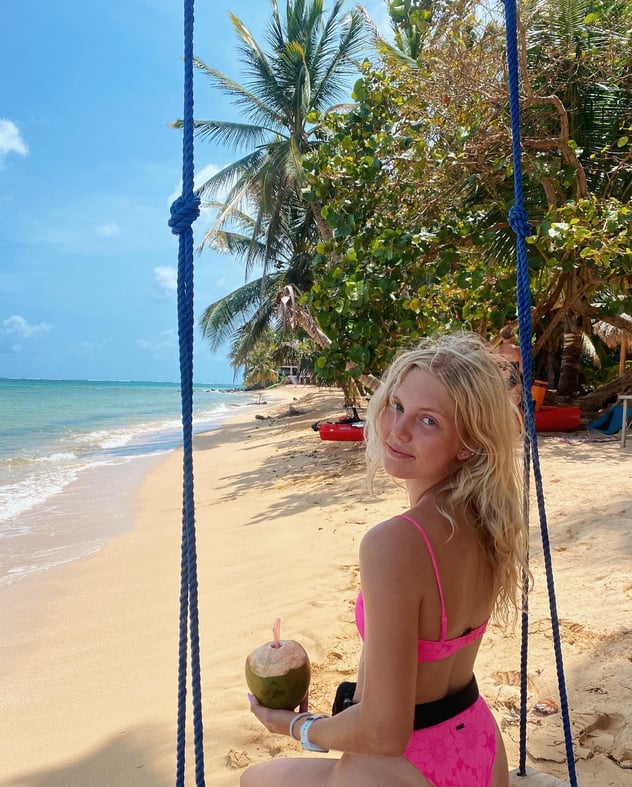
Ready for a semester of beach hopping and helping out?
Volunteer with us (ILP!) for a semester and you'll have the opportunity to serve and travel all around the world.



